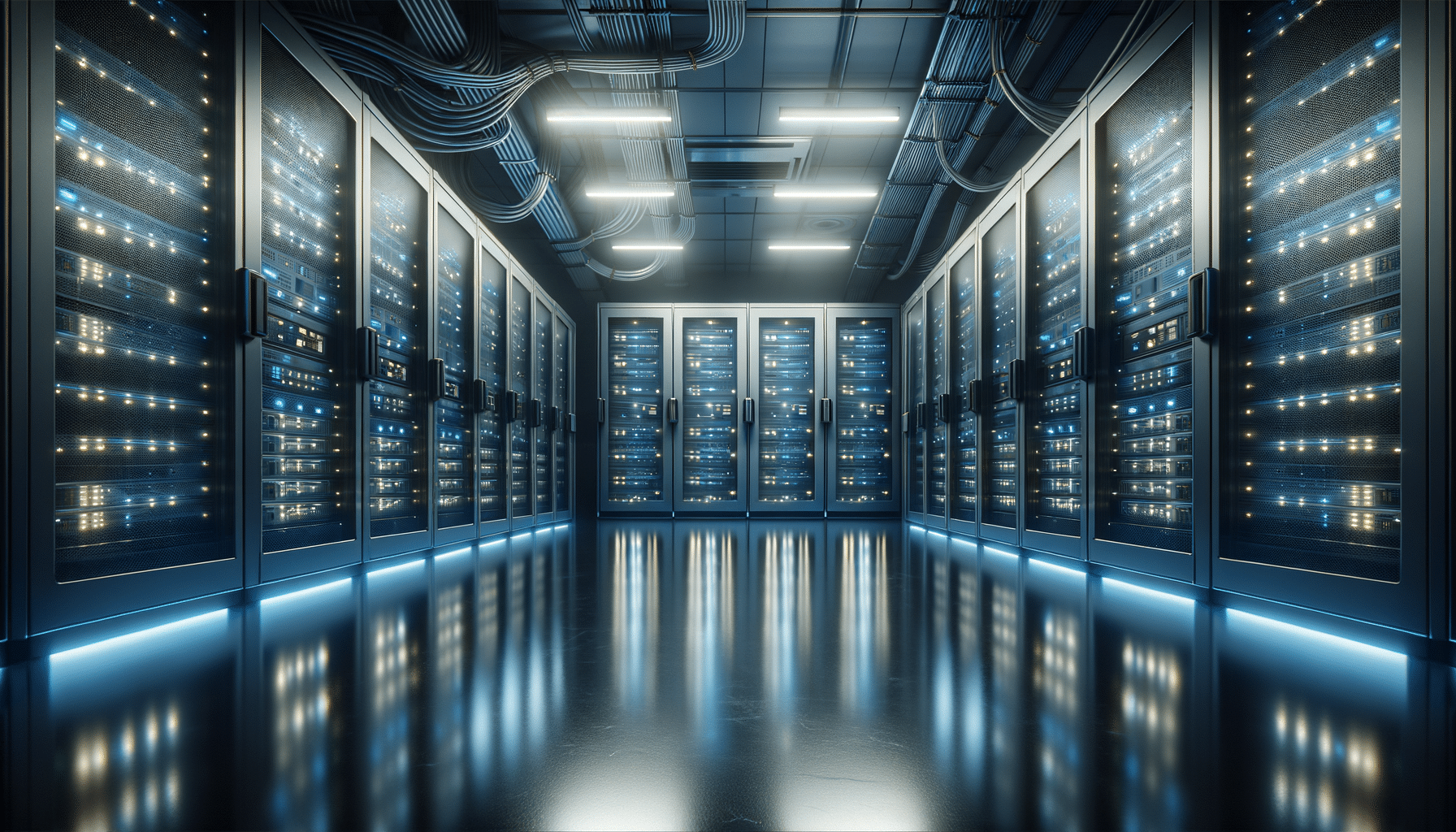
Explore More About ERP For Manufacturing
Introduction to ERP Software
In the realm of manufacturing, efficiency and precision are paramount. As businesses grow, so does the complexity of managing various operational facets. This is where Enterprise Resource Planning (ERP) software steps in. ERP systems are designed to centralize data, streamline processes, and provide a unified platform for managing diverse business operations. By integrating functions such as finance, supply chain, and human resources, ERP solutions offer a comprehensive view of a company’s activities. This holistic approach not only enhances decision-making but also fosters collaboration across departments. For manufacturing firms, ERP software can transform how they operate, ensuring that every component of the production process is aligned with the company’s objectives.
The Role of ERP in Manufacturing
Manufacturing companies often deal with complex supply chains, diverse product lines, and stringent regulatory requirements. ERP software plays a crucial role in managing these challenges by providing a centralized system for tracking and coordinating all aspects of production. This includes managing inventory, scheduling production runs, and ensuring compliance with industry standards. With ERP, manufacturers can optimize their resources, reduce waste, and improve overall efficiency. Moreover, ERP solutions facilitate real-time data access, enabling managers to make informed decisions quickly. This agility is essential in today’s fast-paced market where the ability to adapt to changes can be a competitive advantage.
Benefits of Implementing ERP Systems
Implementing an ERP system offers numerous benefits to manufacturing companies. One of the primary advantages is improved visibility across the organization. With all data centralized, stakeholders have access to consistent and accurate information, enhancing transparency and accountability. ERP systems also automate repetitive tasks, reducing the risk of human error and freeing up employees to focus on more strategic activities. Additionally, ERP solutions support scalability, allowing businesses to expand their operations without being hindered by outdated processes or systems. By fostering better resource management and improving customer service, ERP systems contribute significantly to a company’s profitability and growth.
Challenges in ERP Implementation
While the benefits of ERP systems are substantial, implementing such solutions is not without challenges. One of the main obstacles is the cost and time associated with deployment. ERP implementations can be resource-intensive, requiring significant investment in both technology and training. Additionally, companies may face resistance from employees who are accustomed to existing processes. To overcome these challenges, it is essential to have a clear implementation strategy, including setting realistic timelines and objectives. Engaging with stakeholders throughout the process and providing adequate training can also ease the transition and ensure the successful adoption of the ERP system.
Future Trends in ERP for Manufacturing
The future of ERP in manufacturing is being shaped by advancements in technology and changing market demands. One of the emerging trends is the integration of artificial intelligence and machine learning into ERP systems. These technologies can provide predictive analytics, helping manufacturers anticipate market trends and optimize their operations accordingly. Another trend is the move towards cloud-based ERP solutions, which offer greater flexibility and scalability. As manufacturers continue to embrace digital transformation, ERP systems will play a pivotal role in enabling innovation and driving business success. By staying abreast of these trends, companies can ensure they remain competitive in an ever-evolving industry.


